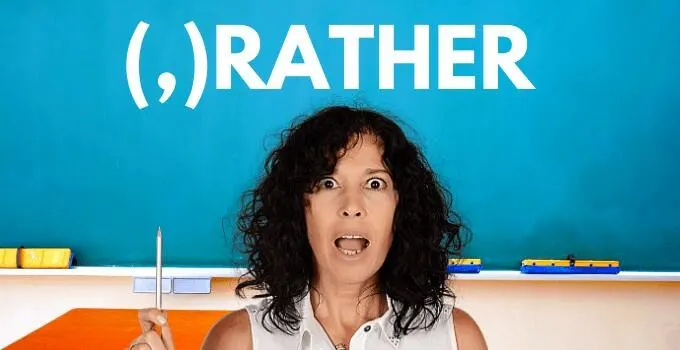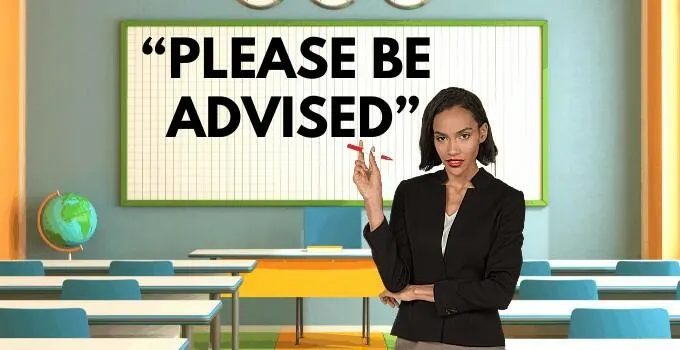When it comes to grammar, most of the rules are logical when you think about them. For instance, plural nouns take plural verbs, independent clauses are separated from each other by a comma, and the subject of a participial phrase should be the same as the main clause so as to avoid dangling participles. In …
English
Commas have a bad reputation, especially among less confident writers. The rules of when and how to use them seem arbitrary, and that makes anything scary. The reasons for this vary. Some people may have never learned proper usage, or were taught using old-fashioned style guides that made the rules less clear rather than explaining …
In English, there are plenty of abbreviations and acronyms that come from Latin. For instance, “MO” stands for “Modus Operandi,” which means way or method of operating. Also, “etc.” is an abbreviation of “Et cetera,” a Latin expression that is used to convey the meaning of “and so forth.” We have already seen one example, …
Commas are tricky creatures. A lot of the time, whether you use them or not depends on how important the following information is. So, if the information you provide is critical to the meaning of the sentence, then you shouldn’t use a comma. For instance, when talking about your oldest brother, you should say, “My …
Do You Need a Comma Before “Then”? You need a comma before then in sentences that have conditional clauses (aka, ‘if/then’ statements). A comma is also needed when ‘then’ separates two independent clauses. If you’re omitting ‘and’ or ‘but’ before ‘then,’ include a comma for clarity, even without two independent clauses. Dividing Two Conditional …
We’ve already seen how confusing commas can be. We’ve talked about curious adverbs such as “regardless,” and we’ve scrutinized polysemic words, aka words that have more than one meaning, including the word “rather.” However, not all polysemic words should be treated in the same manner. What applies to a word like “rather” might not apply …
Punctuation is all about meaning, this also holds true when talking about today’s topic: ‘Comma before rather.’ Though it may appear that strict rules must be followed, their purpose is to clarify the meaning for the reader and simplify their lives. For instance, a classic example that you can find online goes like this. Let’s …
“Frfr”. Ever stumbled across this rather funny-looking abbreviation? Well, most likely you did because if not, you wouldn’t be reading this article, would you? With that said, let’s learn what there is to learn about “frfr.” What is the meaning of “frfr” “The meaning of ‘frfr’ is ‘for real, for real.’ It implies honesty, …
If you’ve ever been in a restaurant in an English-speaking country, odds are you’ve seen a sign that says, “caution: wet floor.” Or, if you’ve ever gotten on the New York subway, you’ve probably heard the conductor say something to the effect of “Attention everyone” or “May I have your attention please?” And, anytime you’ve …









